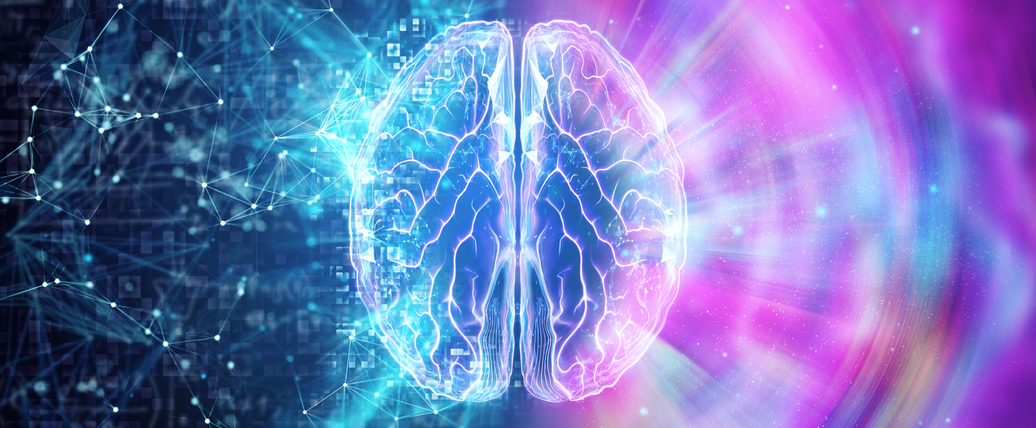Over the last 50 years our supporters, event goers, subscribers to Headlines – anyone who has ever seen or read anything about the brain has probably seen words like brain plasticity, amygdala, cerebrum, grey matter and so many more. Ever wonder what it all means? How it relates to neurological conditions and disease? Well! Prepare to have your mind blown (see what I did there), we’ve decided to finally start our very own glossary of some common terms (and not so common ones) that are used when scientists, clinicians and researchers are talking about the brain and the rest of the nervous system.
Here’s five of our favourites so far:
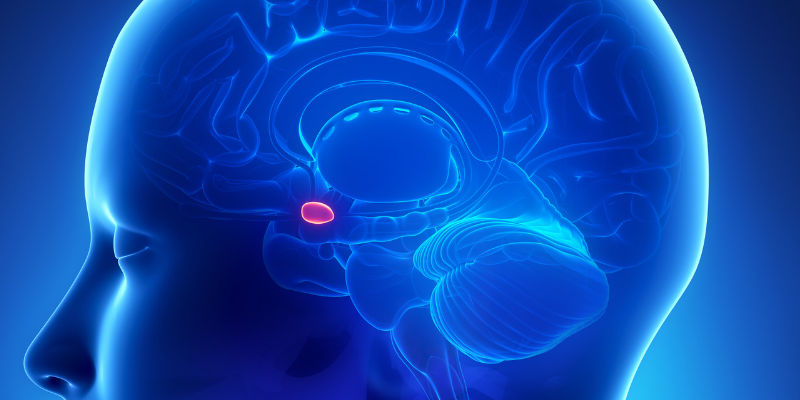
You’ve probably already heard of this little part of your brain before, but did you know it is most often associated with the “flight or fight” response? Primarily involved with emotions, emotional behaviour, and motivation, it plays a crucial role in how we deal with stress, fear, and sometimes memory. It is also connected to several neurological disorders and psychiatric disorders including Alzheimer’s disease, temporal lobe epilepsy, anxiety, and depression. We have a bunch of interesting articles you can check out to learn more!
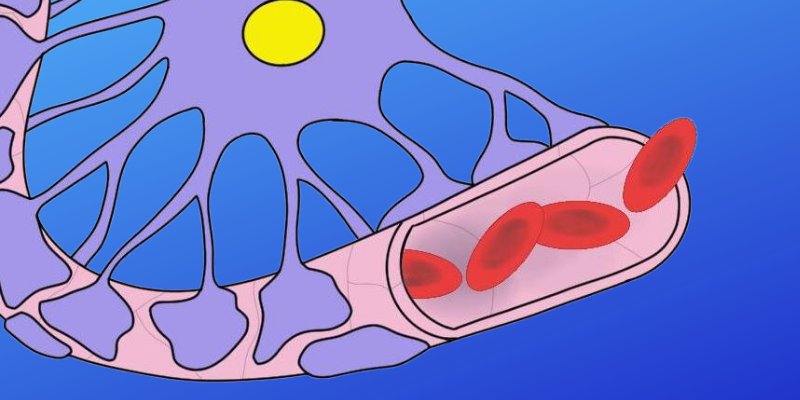
OK – this is a pretty cool part of the brain, and probably one of our favourites. The blood-brain barrier acts like a giant wall around our brain to protect us! Think of it like the Nights Watch from Game of Thrones and the giant wall – it is not letting anything bad get through. This is a vital part of our nervous system – protecting our brain from disease, germs, bad cells – anything that wants to attach our brains, while still letting nutrients in. However, things can get a little tricky when it isn’t working the way we need it to, and that is how some diseases like Glioblastoma can form.
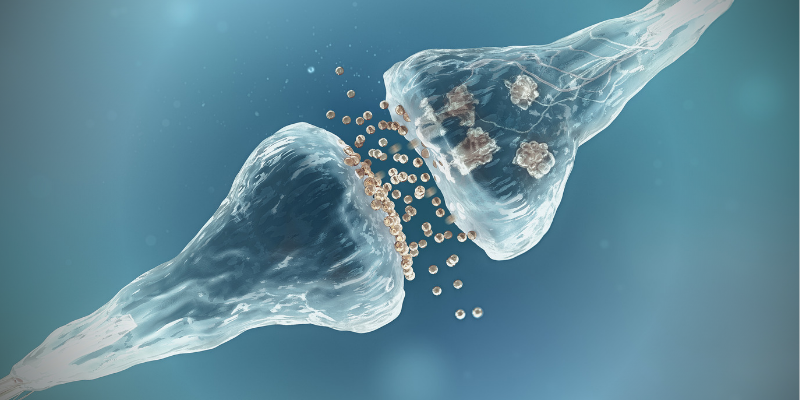
We’ve all probably heard of dopamine before, the thing that makes us feel good or gives us pleasure, but did you know it is a neurotransmitter? Most people are aware of its role in addictive behaviours but there is a lot more to it that just that. When dopamine neurons are destroyed in a specific part of the brain symptoms of Parkinson’s disease will start to develop. But it’s not all doom and gloom, dopamine is also extremely helpful in getting us motivated. So, need to get motivated to clean the garage, or go for a run? Find out how it can be super helpful with giving you a boost!
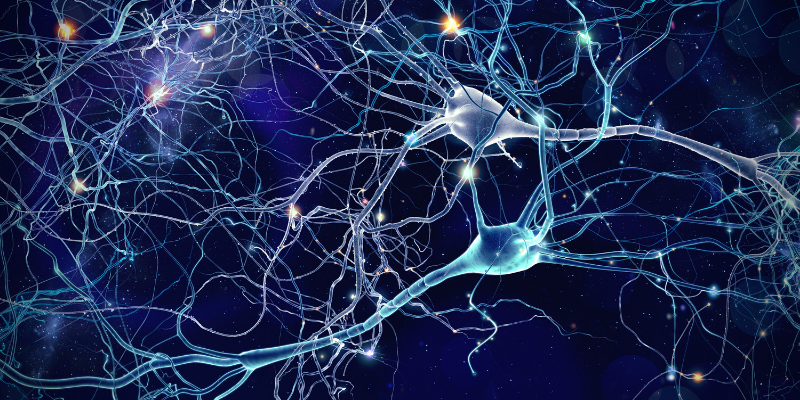
Until recently scientists believed that as adults we didn’t make new neurons but research (from some of our very talented funded researchers…) has shown otherwise. They discovered how the brain can actually make new neurons and regenerate itself (to an extent) which they aptly named, neurogenesis. Find out how this happens and what can we do to encourage our brains to get to work creating new neurons.
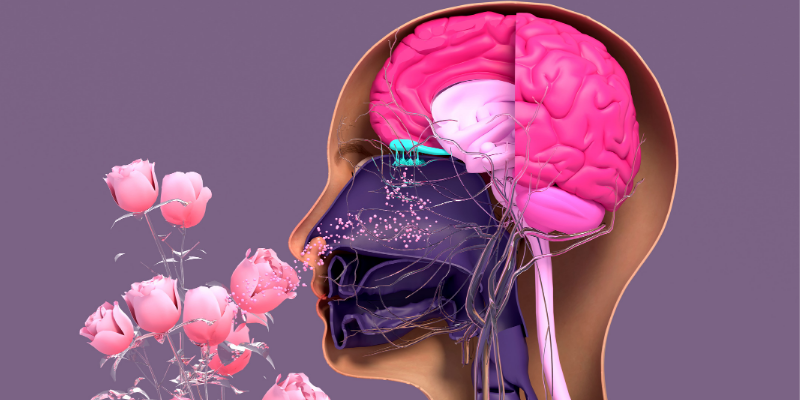
Although not many people know the name of this part of the brain, they definitely know it’s function due to it being a main symptom of COVID-19. The olfactory bulb is the part of our brain responsible for our sense of smell. It may not seem glamourous but as one of the few places in the brain where new neurons appear it has played a crucial role in breakthroughs in understanding Alzheimer’s disease better. Most recently its connection to the neurological symptoms of COVID-19 it has made it the centre of attention and one of our brilliant funded researchers, Dr Helen Murray from the Centre of Brain Research, has been looking into this more and more.
Hopefully now you've got your head a little more around what's going on in your brain. If you'd like to know more, go to the glossary to see all the terms we’ve covered so far.






